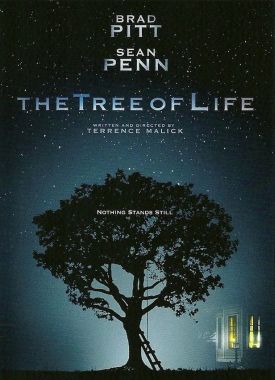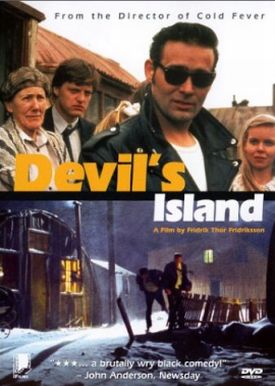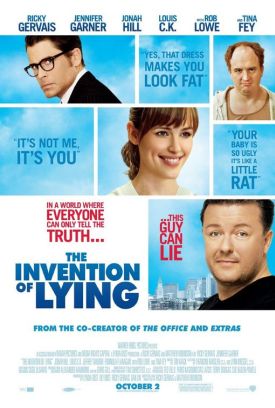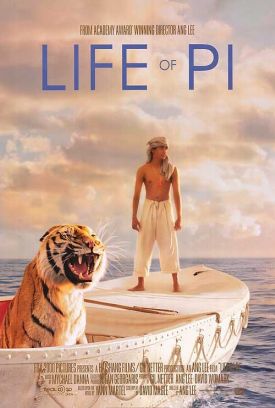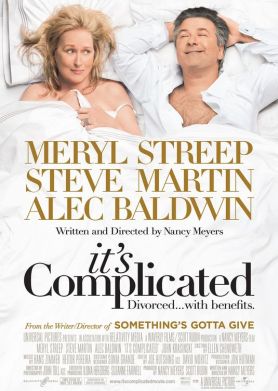Tree of Life
In a recent number of the Times Literary Supplement, Peter Singer paid an extravagant tribute to Derek Parfit, the ethicist whose magnum opus, On What Matters, he calls “the most significant work in ethics” in more than a century. Whether he is right or not, I am not competent to judge, but I do notice a blemish on the great man’s splendid surface that has apparently escaped Professor Singer’s attention. See if you can spot it.
Parfit also asks a less obvious question about all of human existence. If a massive asteroid hit Earth tomorrow, ending human history, would it have been a good thing that humans existed at all? Our answer may depend, Parfit thinks, not only on how we balance the suffering that has resulted from human existence against the happiness it has brought, but also on what weight we give to the badness of the fact that some people suffered greatly without having anything to compensate them for their suffering. Parfit answers his own question affirmatively, holding that human existence to this point has been a good thing, but he acknowledges that this may be wishful thinking.
Yet first of all, surely, our answer must depend on the fact that we ourselves are human, and that questions of value such as this are questions that only human beings are equipped to answer. They are therefore meaningless apart from the very humanity which is supposedly the matter under debate. In other words, it would not be possible for human existence to have been other than a good thing, since without human existence there would be no knowledge of good and therefore no good things. If the notion of a good thing is itself a good thing — as how can it not be? — then human existence must be a good thing. Indeed, the first and indispensable good thing.
Both of these professors are guilty, in my view, of a category mistake, and I bring it up because a director considered by many to be as great in his field as Professor Parfit is in his has made a similar mistake in his (inevitably) great movie, The Tree of Life, which won the Palme d’Or at Cannes this year. This is Terrence Malick, director of previous pretentious movies like The Thin Red Line and The New World whose new movie, for all its visual splendor, outdoes even them in its pretentiousness. Like the poet John Milton in Paradise Lost, Mr Malick sets out “to justify the ways of God to man” but seemingly without any recognition of the same disproportion between question and questioner that eludes Derek Profit and Peter Singer. Like them, Mr Malick is a man who does not know his own place in the scheme of things — which is inevitably one of humility before the Creator or at least the reality principle. And just as we suspect they cannot have much to tell us about ethics, so Mr Malick has little to tell us about God, save for a few banalities about bigness.
Theodicy implies this essential recognition of disproportion. God, we must understand, simply by taking up the subject, is our Judge and not to be judged by us — by putting “God in the Dock” in C.S. Lewis’s words. The most we can hope for is to give some account of Him that will make Him marginally less inscrutable to our fellow creatures. There is no such humility or sense of proportion in The Tree of Life. Terrence Malick himself assumes the role of God, his camera showing us what only God could see, including the formation of the earth’s surface from primordial volcanic eruptions, the early aeons of evolution and the destruction of the dinosaurs by the silent impact — perhaps since none but dinosaurs are around to hear — of what we surmise is the asteroid supposed to have caused the Cretaceous extinction. Mr Malick’s CGI dinosaurs smell of popcorn and Junior Mints, however, and look annoyingly like Jar Jar Binks. No wonder God smote them with the asteroid.
There are also various star-scapes and space-scapes placed side-by-side with what appear to be microscopic views of life on earth (“The ant’s a centaur in his dragon world/Pull down thy vanity,” as Uncle Ezra Pound once put it in words that Mr Malick should take to heart), but such insistence on disproportion between man as questioner and the cosmos does not bring God any closer to us and to our human understanding, as Milton seeks to do, but instead just drives us further apart from Him. The justification of God to man here is that God is too remote from man to be justified. Like Derek Parfit, Mr Malick is reduced to asking questions of the cosmos only to show us that he’s wise enough to know there are no answers. What’s the use of that? It looks like disingenuous posturing to me.
And where he and his everlasting voiceovers wax sententious it too often comes out in pseudo-profundities like this: “There are two ways through life: the way of nature, and the way of Grace. You have to choose which one you’ll follow.” Really? It’s always seemed to me that most people follow both at different times. And to say that “no one who lives the way of Grace ever comes to a bad end” is absurd — unless he’s teasing us about what we’re meant to think is the end. Or how about: “The only way to be happy is to love. Unless you love, your life will flash by.” But love doesn’t always bring happiness, and anyone of Mr Malick’s age must know that your life will flash by even if you don’t love. Most remarkably, I suspect we are supposed to take seriously the child’s reproach to God: “Why should I be good when He’s not?” In the same way, his dad tells him not to put his elbows on the table and then does it himself. Not exactly a Miltonian reflection.
The child in this case is the apparently autobiographical figure of Jack O’Brien (Hunter McCracken), a boy of ten or eleven whose story (such as it is) dominates the middle part of the film before and after the much bigger events and images of the beginning and the end. Jack is one of three boys living in Waco, Texas, in the 1950s, the sons of a partly tyrannical and partly sensitive and loving father, played by Brad Pitt, and an entirely loving and strikingly beautiful mother played by Jessica Chastain. But these people just are. They have no place to go. In keeping with what is now standard Hollywood procedure, the movie is all mood and no narrative. There is almost no story and what there is is carefully flattened and purged of shape and meaning. Typical scenes from a 1950s-era boyhood are well-observed but have no obvious connection to anything else, let alone everything else — life, the universe and God.
There is, it’s true, an implied narrative involving the death of an unidentified boy by drowning and, later, that of one of Jack’s two brothers at the age of 19, or about a decade later than the time in which the rest of the film’s events (apart from the cosmic ones) are set. Both deaths set up a questioning of God, but the latter exists only as a flash-forward to the parents’ reactions to the news — and those of an otherwise absent grandparent played by Fiona Shaw. We don’t know how he died or even what happened as a result of his death, apart from the initial shock of the news, but we are informed of it by cinematic telegram only so that periodic whispered voiceovers asking God (or Whomever) “Why?” have the bare minimum of context — if still no answers.
No, I take that back. There is a kind of answer. The grown-up Jack, an architect in Houston and in our own time who is played by Sean Penn, is depicted near the end of the film walking on the beach like Richard Nixon, in a suit and tie, and encountering lots of other people on the beach similarly just milling about, though they are not so well-dressed as he. As these others include mom and dad and brothers as they were decades earlier (though Jack remains his grown-up self), I assume that we have here a representation of eternity, if not one that promises very much in the way of consolation for Jack’s losses, let alone ours. It’s nice to know that everybody’s still around, somewhere. Perhaps Jar Jar and his extinct pals are as well, though we don’t see them on the beach. But none of this makes any more sense of existence than we had before we paid our ten or twelve dollars. Maybe it’s movies like this that make people wonder whether human existence can really be a good thing.
Discover more from James Bowman
Subscribe to get the latest posts to your email.

